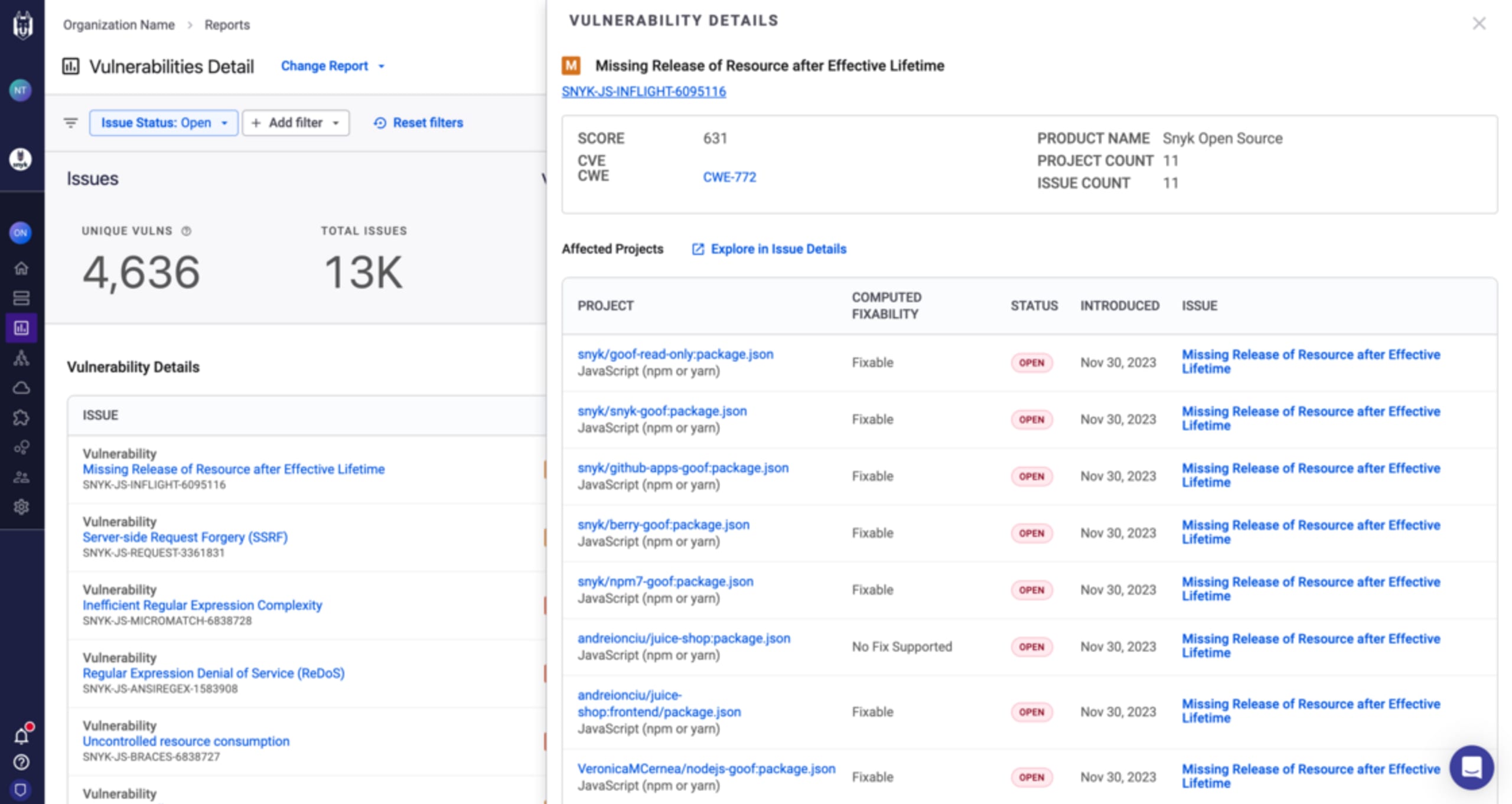New versions of Snyk IDE plugins
We are pleased to announce the latest stable releases for each supported IDE plugin:
As part of these releases, we are happy to conclude the work announced previously:
In addition to big features, these releases contain multiple bug fixes and performance improvements:
Significantly improved JetBrains performance by moving business logic from the UI thread to the separate one on the background
Unified and Improved rendering of IAC findings in all VSC and JetBrains
Snyk documentation has been updated with How-to pages about authentication. For example, JetBrains authentication
We encourage everyone to upgrade to the newest versions.
